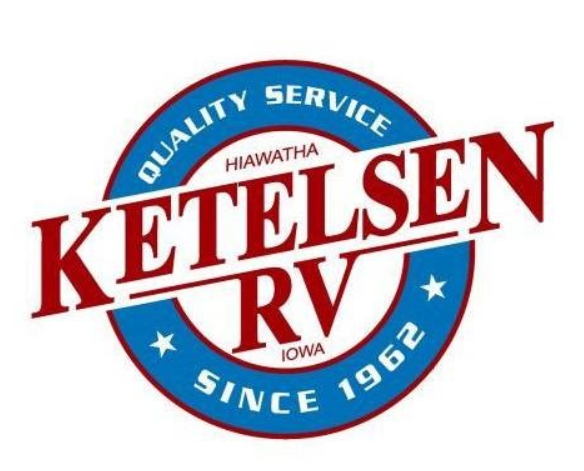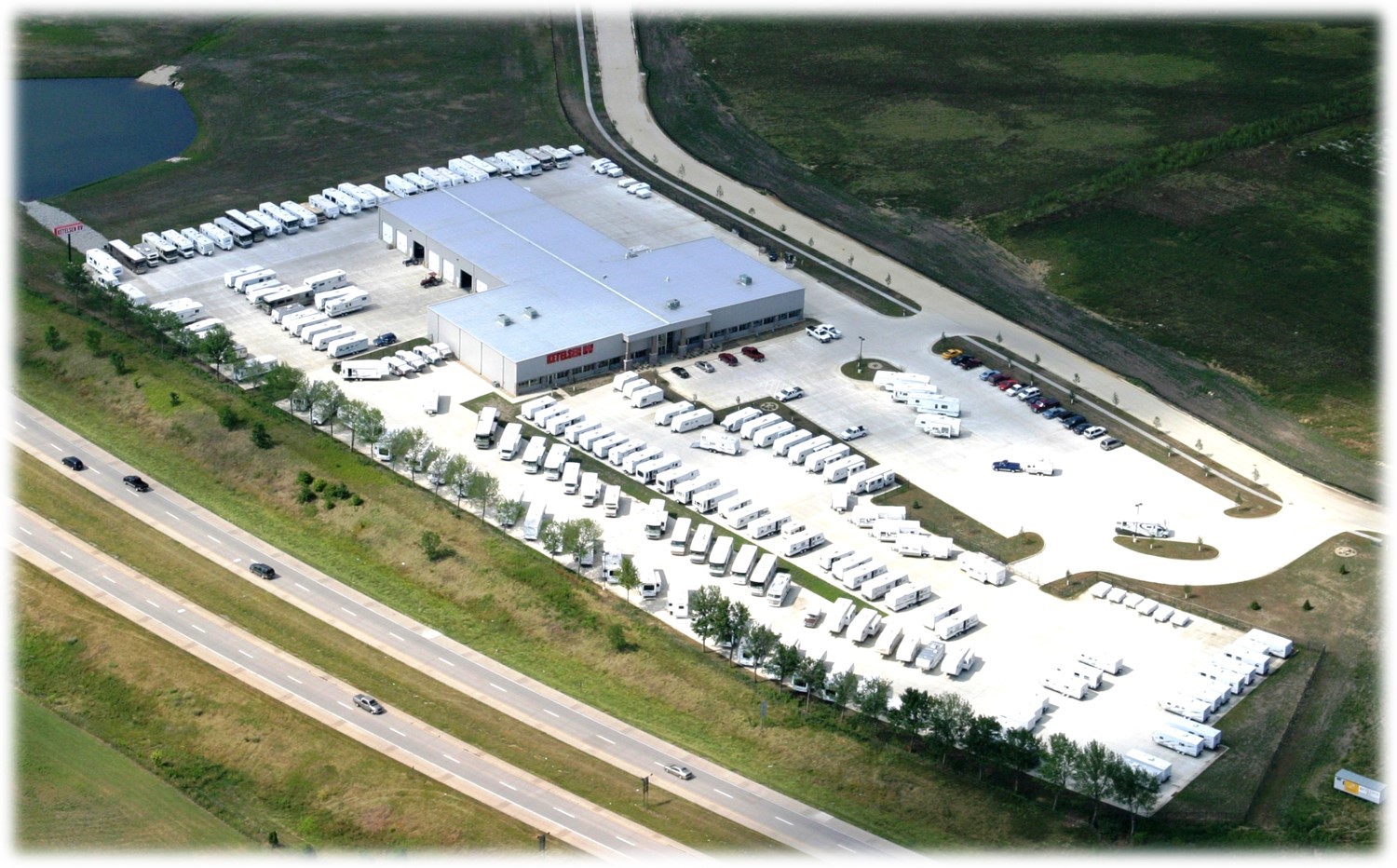Don’t miss out!
Get the latest resources sent directly to your inbox.
Named by RV Business Magazine as one of “100 Most Influential People in RV History,” the Ketelsen family know how to run a successful service business. A legend in his own time, John R. “Johnnie” Ketelsen helped found the Iowa RV Dealers Association and National RVDA.

Started in 1962 in Marion, Iowa, the business that Johnnie founded has expanded to two locations in both Des Moines and nearby Hiawatha. Today, his sons run the businesses, with one of them, Jeremy Ketelsen, working as the Vice President of Operations. The dealer is now known as one of the oldest and most trusted in the Midwest and operates with over 20 technicians who tackle a whopping 14,000 work orders a year.
With such a legendary past, how does a dealer continue to blaze trails into the future? We sat down and talked to Jeremy, who oversees parts, sales and service departments of the two dealerships. He explains how his business uses compassion, competency and communication to serve customers, while making the biggest impact within the areas of the business he can control.

Jeremy: “We show customers that we care more than anyone else. Good service is listening to understand, not listening to respond. Once you have listened and understood someone’s point of view, what comes next is compassion. That is followed with a simple mitigation process, which is quick and effective.
“Throughout, we communicate correctly and effectively; the RV is then delivered in the same manner with great communication. If the technicians are good technically as well as good communicators, people will feel good about their fix.”
Jeremy: “You’ve got multiple generations that are polar opposites as far as attitude, emotional needs and logistical needs go. Another challenge is the seasonality. We fight seasonality quite a bit, especially up north, and that is something that will never change. All our business comes at one time, and we just can’t spread it out like a car dealership can.
“Balancing manpower and logistics, while being able to make business sense, is always a difficult thing. That will also never change; it takes creativity to get through that. Overall, it helps us to understand what we have control of, and what we don’t.”
Jeremy: “It depends on what way you drive into town. There are a lot of roads into town with RECT. In other words, the value is based upon your interpretation. We think through the following questions: ‘From an up-high view, what are we in control of? Are we just as bad as the ones we complain about? Can we fix these?’
“Then, we act on the answers. ‘Yes, we are in control of these situations. Yes, we are in control of these segments. We’d better start doing something about these segments.’ Take ordering parts, for example. If we’ve got a work order that needs a special part and it takes us a certain amount of days to generate a PO, that’s going to show up. If it takes us a certain amount of days from when we bring it in for the tech to first punch in on it, then those days are lost. That affects both, especially in a seasonal market.
“It also impacts the consumer and their satisfaction with the product that we sell. If they’re not out there using their RV, then they’re not out there talking to other people about using it either. They’re also not out there talking about us as a dealer, so we lose that word-of-mouth opportunity.
“RECT allows us to dig into where our process is failing. That could be in parts ordering, parts availability, or manufacturers. I don’t get all hung up on manufacturers because that is out of my span of control. I focus on what is within my circle of control. Not only can you see where you are, but you see where you came from and where you are going. So, it can be a very, very powerful tool.”
Jeremy: “What we discovered with our two dealerships was a difference between them based upon seasonality. For example, going into November or December, one dealer stayed flat. The other dealership went up, believe it or not. The number of days needs to be high because that means our service department got a lot of big insurance jobs – those big, long work orders – that are going to keep them busy throughout the winter.
“So, not only are we tracking negative trends, but positive ones as well. For instance, we can analyze the dealership that had its numbers go up and see that it really focused, throughout the summer, on securing an ample amount of winter work, while the other dealership did not.”
Jeremy: “It benefits the business if you have a certain mindset. If you want to have a mindset of knowing your issues or your areas of improvement, and doing it in a comparative manner, it will help you. If you utilize it as a form of an excuse to be slow and be blind to opportunities within it, it will not help your business.”
Jeremy: “When you read the report, you don’t say, ‘Oh, man, I’m so surprised.’ It’s what we’ve all sat around and complained about as dealers for years. It proved to us that what we suspected to be problematic was in fact problematic. I appreciate all the effort that IDS has put into this, because without it, there’s not going to be much change.”
Get the latest resources sent directly to your inbox.